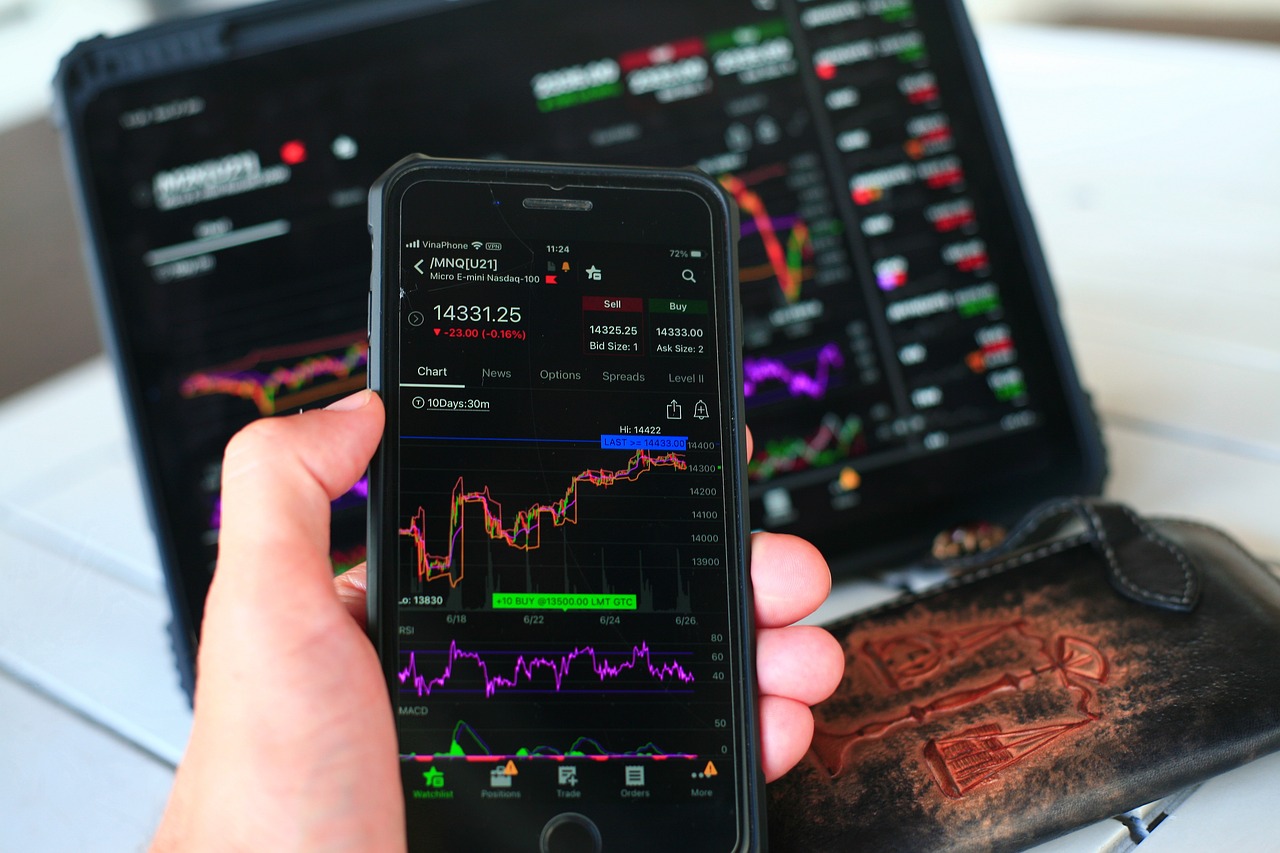A demat account (short for dematerialised securities account) is the digital equivalent of holding shares, bonds, and other securities. It is set up by depositories like National Securities Depository Limited (NSDL) or Central Depository Services (India) Limited (CDSL), and you get access to one through a Depository Participant (DP). Started in 1996, demat accounts became convenient for traders to complete settlements instantly, compared to physical transfer of securities which could take days and often caused confusion.
However, given the increasing frequency of cyber fraud and hence sharpening of regulatory oversight, it is vital to manage your demat account properly. Below is Mahamoney's guide to ensure your demat account remains healthy, secure, and updated for investment.
10 Best Practices (Do’s)
| Choose a reputed broker / DP | Before selecting a Depository Participant to open your demat account, compare their
|
| Read the terms carefully | Before signing up for a demat account, make sure to understand
|
| Keep KYC and contact details updated | Immediately update your address, mobile, email, or bank account changes with the DP to avoid failures or blocked transactions. |
| Enable alerts, SMS and email notifications | Set up notifications of credits, debits, corporate actions, or modifications, so you can detect unauthorized transactions early. |
| Use strong and unique passwords |
|
| Use Delivery Instruction Slips (DIS) slips carefully |
|
| Freeze or deactivate your account when not in use | If you are not going to be active for some significant period, use the “freeze account” feature. This prevents unauthorized operations. |
| Appoint nominees & transmit rights | Declare nominees with the right share of your investments that you want to go to them. Nominating your heirs to the account helps in seamless inheritance of assets after your death. |
| Regularly reconcile and review your holdings | Compare DP statements, corporate action records, and your own transaction logs quarterly. This gives you a regular estimate of your wealth, and importantly, taxes due. |
| Do due diligence before investing | The speed of transaction can be tempting when there is a ‘hot tip’ or aggressive marketing. Always analyze the company's fundamentals, risks (such as debt overhang), valuation, AND your own risk appetite. |
10 Common Errors (Don’ts)
| Sharing login credentials, OTP, or DIS slips | Disclosing such sensitive data allows fraudsters to execute trades or transfers without your consent. |
| Ignoring alerts or statements |
|
| Leaving the account completely inactive |
|
| Filling DIS slips carelessly |
|
| Granting broad Power-of-Attorney (POA) |
|
| Using cash to pay Demat or brokerage charges | Always use cheque, bank transfer or in-built online mechanisms. |
| Unauthorized off-market transfers or over-transfer | Transferring more shares than you own or doing off-market transfers without negotiating properly may attract regulatory scrutiny. |
| Opening multiple Demat accounts without control |
|
| Overtrading or impulsive transactions | Buying and selling too frequently may lead to losses, high costs and tax burden. |
| Ignoring regulatory or depository notices & mismatches |
|
Before You Go…
A demat account is a crucial and convenient tool in your investment journey, but it can only be as secure and productive as how you manage it. By following the do’s — strong passwords, staying updated, reviewing statements, exercising care with DIS and POA, and by avoiding the don’ts — sharing passwords, negligence, blind trust, overtrading — you can keep your account
- healthy and easy to understand
- safe from fraud and hacking
- free from compliance issues
- aligned with your long-term goals
Keywords: Demat account India, demat account tips, demat do’s and don’ts, demat mistakes, demat account best practices, secure demat account, demat fraud prevention, demat account errors, how to maintain demat account, demat account compliance







